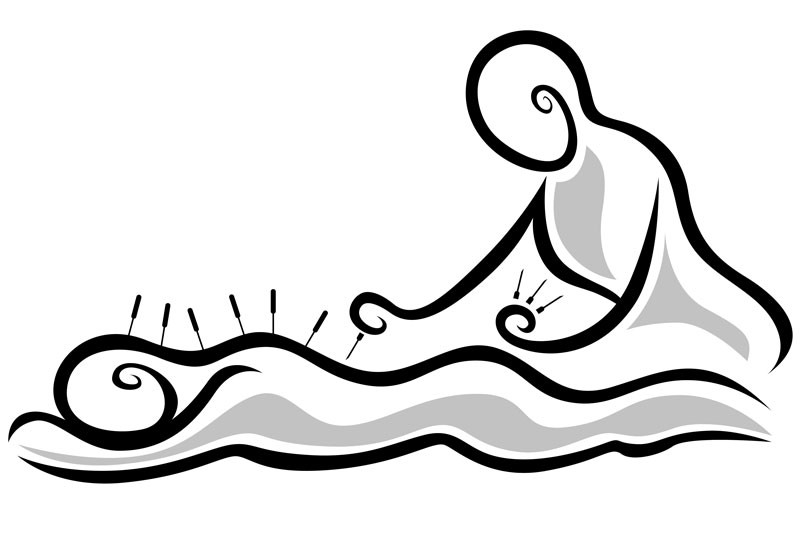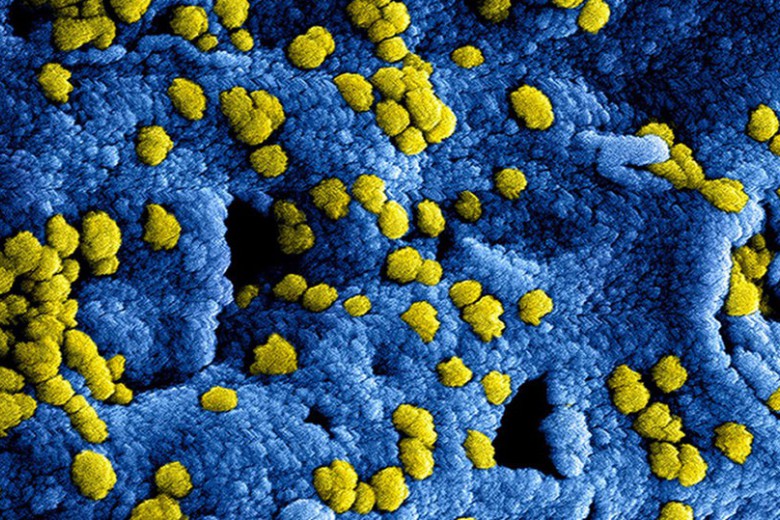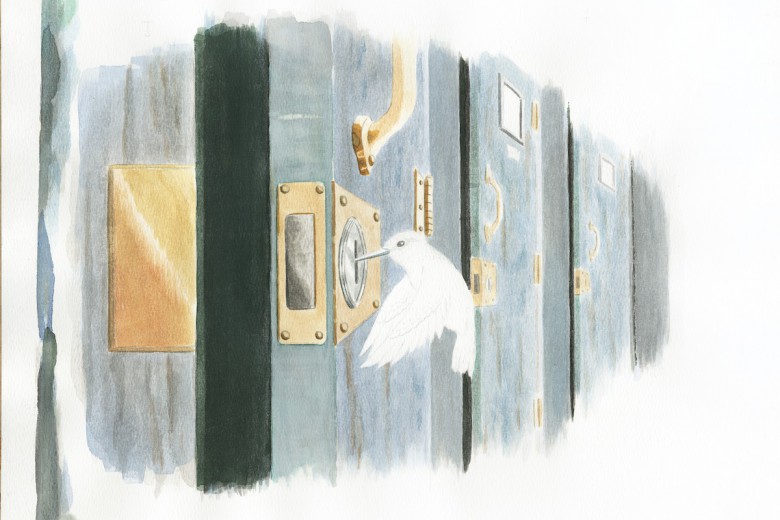
Health, and the way we manage our collective well-being, is inherently political. As perhaps the most universally relevant topic, health care cuts across lines of class, race, nationality, age, gender and political bent, and has the potential to either unite or polarize, to inspire or enrage. As well as being highly political, health care is also deeply personal, affecting each of us at the most fundamental level of our existence.
Because we’re all so personally embroiled in the topic, evidence of a strained or collapsing health care system quickly instills a frenzied state of fear, as we’ve seen in recent debates about health care reform in both Canada and the U.S. It reminds me of a parable about babies drowning in a river, which in essence goes something like this:
There is a small village on a river. One day, villagers notice a drowning baby floating by, then another and another. The villagers start to frantically pull the babies out of the water, but more and more babies keep coming until all of the villagers are consumed by trying to rescue them. Then one villager turns away from the chaos and begins to walk upstream. When the other villagers ask where she is going when there’s such an urgent need to rescue babies, she replies “I’m going to find out who keeps tossing babies in the river and put a stop to it.”
The message of this story is relevant to our current health care debates on several levels. Canada is approaching a health care crisis. The increased care required by our rapidly aging population will soon strain our current system beyond what the relatively small working population, experiencing record-low employment levels, can support. Policy-makers, desperate to find an easy fix, are turning toward privatization, which, as Ken Collier demonstrates on pg. 40, will only make health care more expensive for all of us and less accessible to those who need it most. This looming predicament comes on top of a long-standing absence of basic health care services that many communities across Canada have been enduring for decades, be it First Nations communities without clean drinking water or basic sanitation, or non-status migrants who are excluded from basic health care services.
Like the villagers of the parable, we have been short-sighted in our response to these health care crises. Rather than devoting resources to preventative care and tackling health care issues at the source, our current system focuses almost exclusively on treating symptoms, providing emergency care and researching cures.
Fortunately, like the single forward-thinking villager who suggested looking upstream, there are progressive voices and movements in Canada that are instigating positive changes in the way we manage our collective health. Holistic health care modalities – including Eastern and First Nations healing practices – are gaining in popularity, providing alternative or complementary care to Western medicine. Food movements – including those for organic, slow, local and whole foods – are bringing attention to the connection between food, health, community and quality of life. And, as Joanne Wadden highlights on pg. 35, the indigenous food sovereignty movement is linking the politics of food to the overall health and well-being of indigenous communities.
As you read, I encourage you to give some thought to how you engage with the topic of health in your daily life – to the various ways that you seek and create health for yourself and others. How does your individual health, and the ways that you nurture yourself emotionally, spiritually, mentally, physically and sexually, impact the health of your community and the planet? Are you frenziedly following the rest of the villagers down to the river to pull out babies? Or are you walking upstream?
In a world with such a heart-wrenching excess of needless suffering, it’s easy to get overwhelmed by painful realities like war, endemic poverty and sickening affluence. Caught up in the immediacy of these situations, we often overlook the importance of taking care of ourselves. It takes a whole, healthy and grounded person to have the foresight and courage to walk upstream. As activists, as people who want to create positive change in the world around us, sometimes our most important job is to nurture ourselves.
Here’s to your health!






